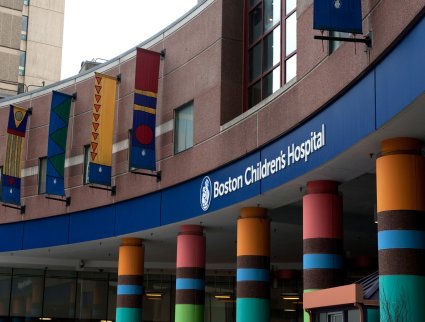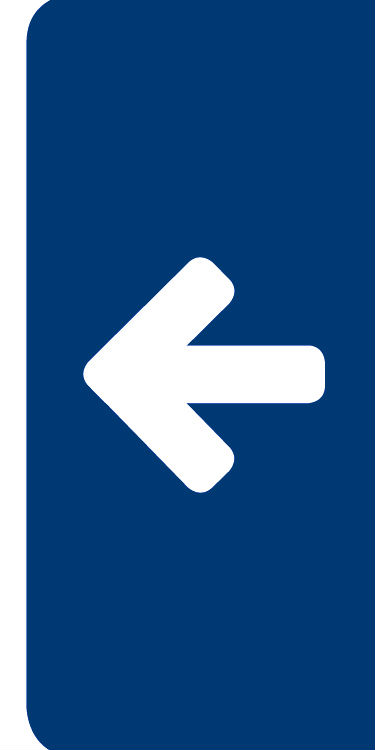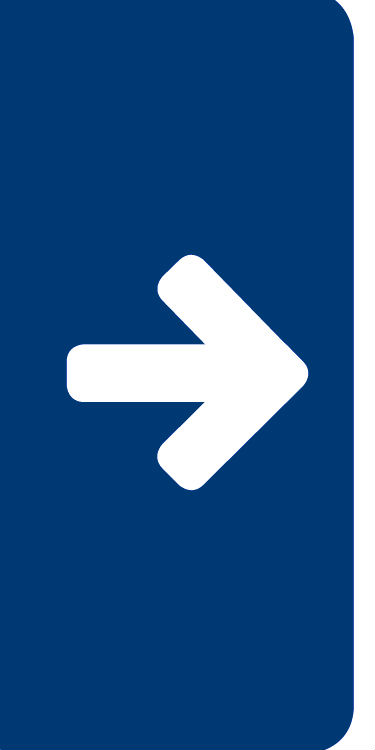Boston Children's Hospital. Boston Children's Hospital began as a 20-bed facility in Boston's south end. The hospital is now a 404-bed comprehensive center for pediatric healthcare, which takes in approximately 25,000 inpatient admissions each year. Its approximately 200 specialized clinical programs schedule 557,000 visits annually. Last year, physicians at Boston Children's Hospital performed more than 26,500 surgical procedures and 158,700 radiological examinations.
For 2015-16, Boston Children's Hospital ranked No. 1 on U.S. News & World Report's Honor Roll for children's hospitals. In fact, the hospital was ranked No. 1 in the nation for seven specialties, including cancer, cardiology and heart surgery, neurology and neurosurgery, and nephrology, among others. In 2014, Leapfrog Group named Boston Children's as a top children's hospital. The hospital has been recognized for excellence in nursing with a Magnet status by the American Nurses Credentialing Center.
Boston Children's has a long history of research and medical innovation. For example, in 1954, Boston Children's researcher John Enders, PhD, and his colleagues won the Nobel Prize for successfully culturing the polio virus, which made the creation of the Salk and Sabin vaccines possible. The hospital's research laboratories are now named for Dr. Enders.
Today, the hospital is home to the world's largest research initiative based at a pediatric hospital. More than 1,100 scientists comprise the research community, nine of whom are members of the National Academy of Sciences, 11 of whom are members of the Institute of Medicine and nine of whom are members of the Howard Hughes Medical Institute. The hospital's current research enterprises have garnered $225 million in funding annually, including more federal funding than any other pediatric facility.
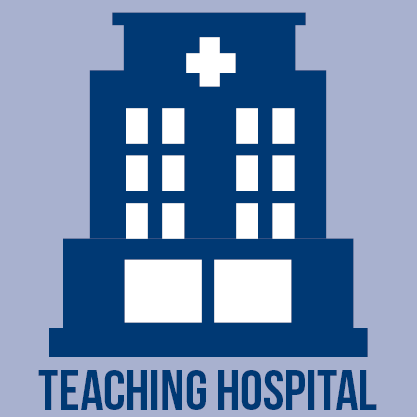 |
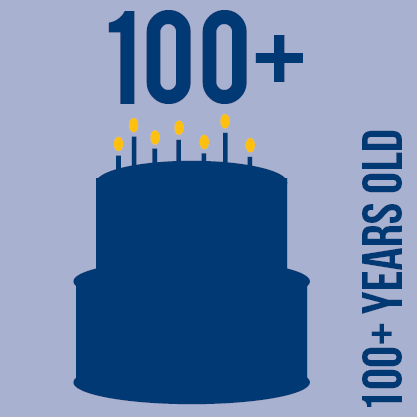 |
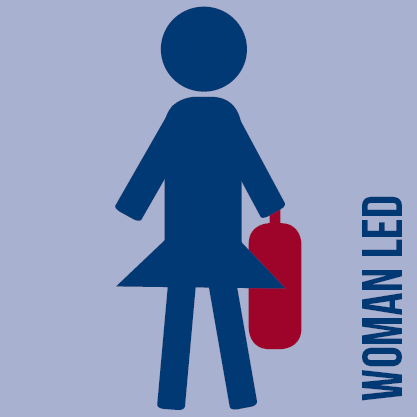 |
